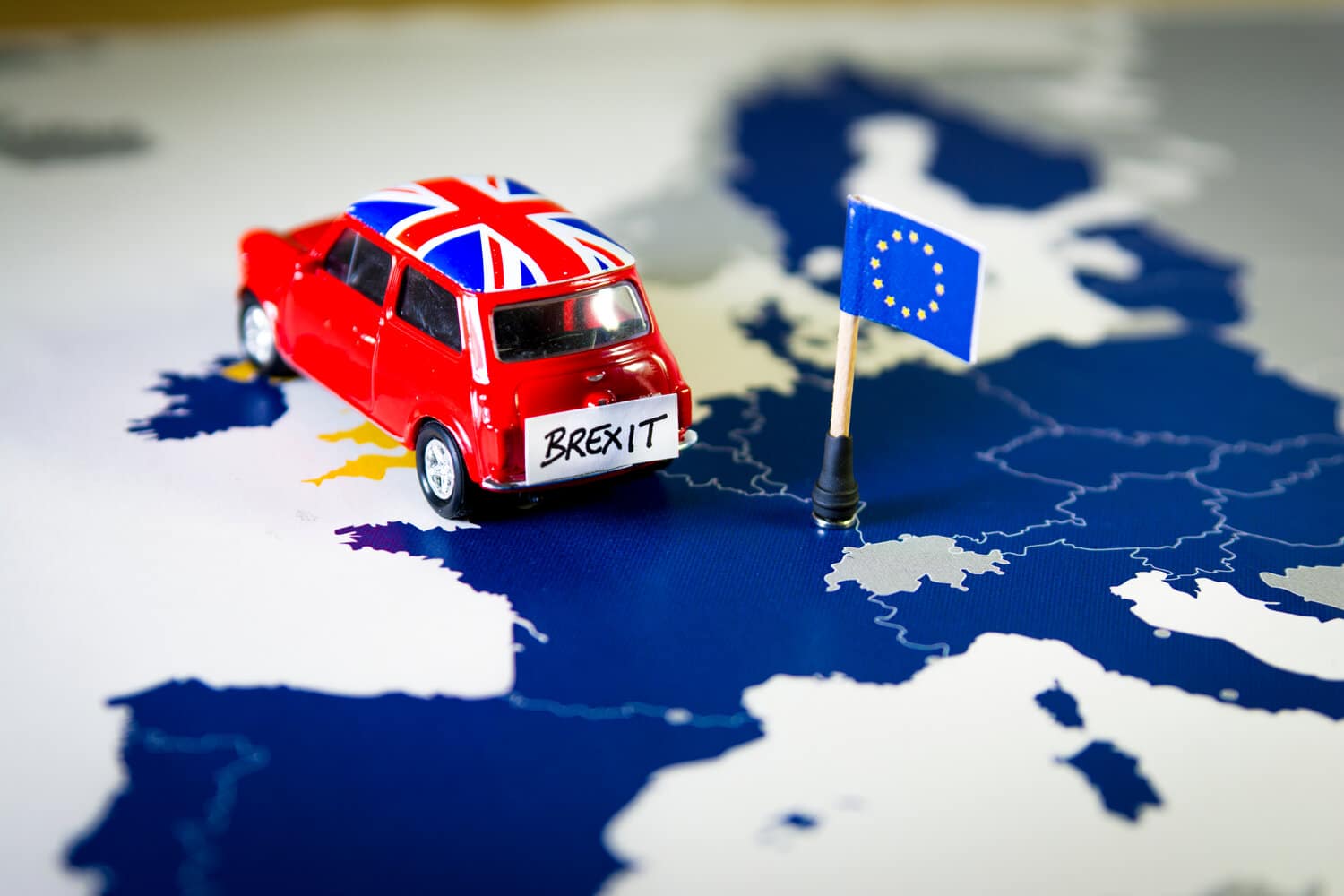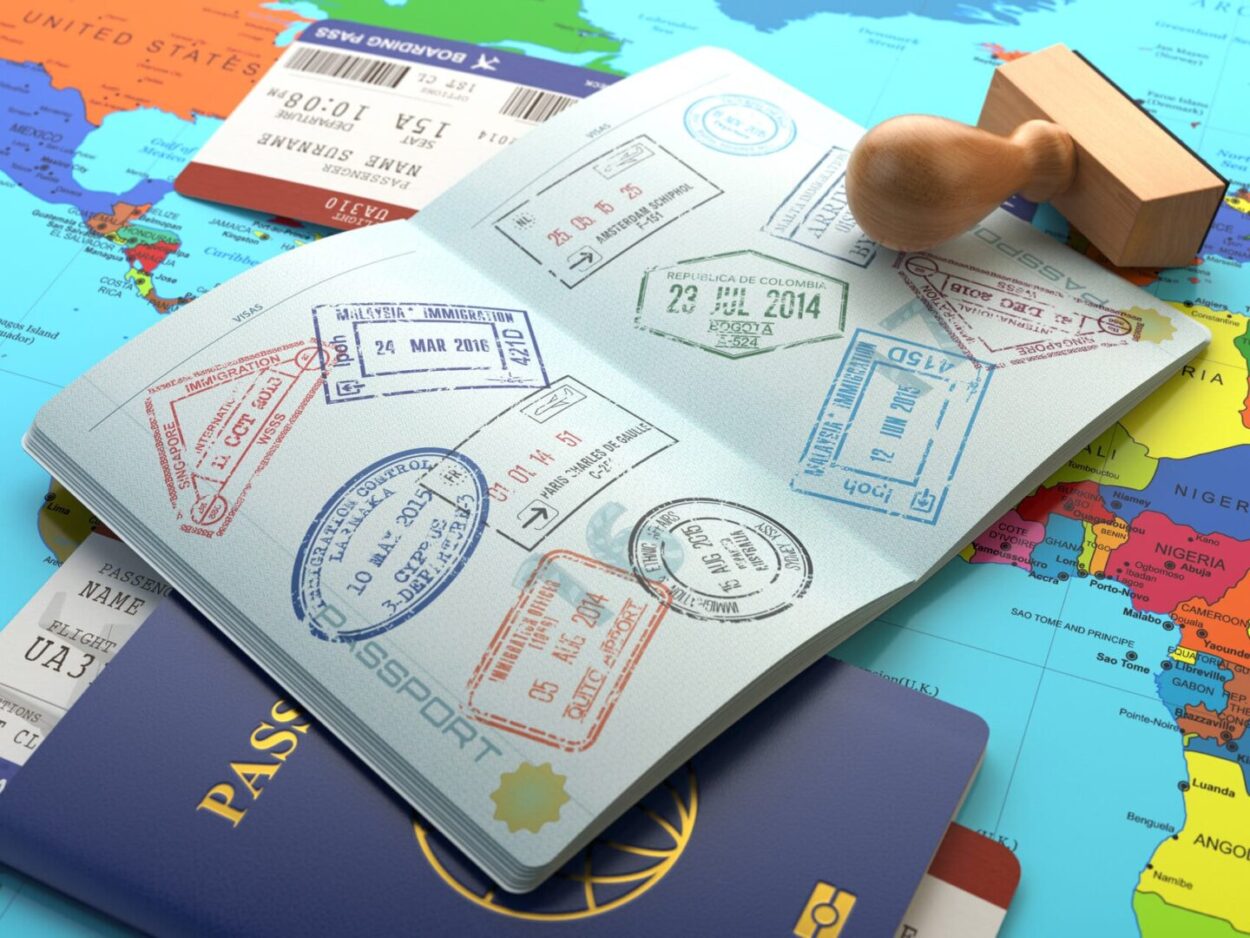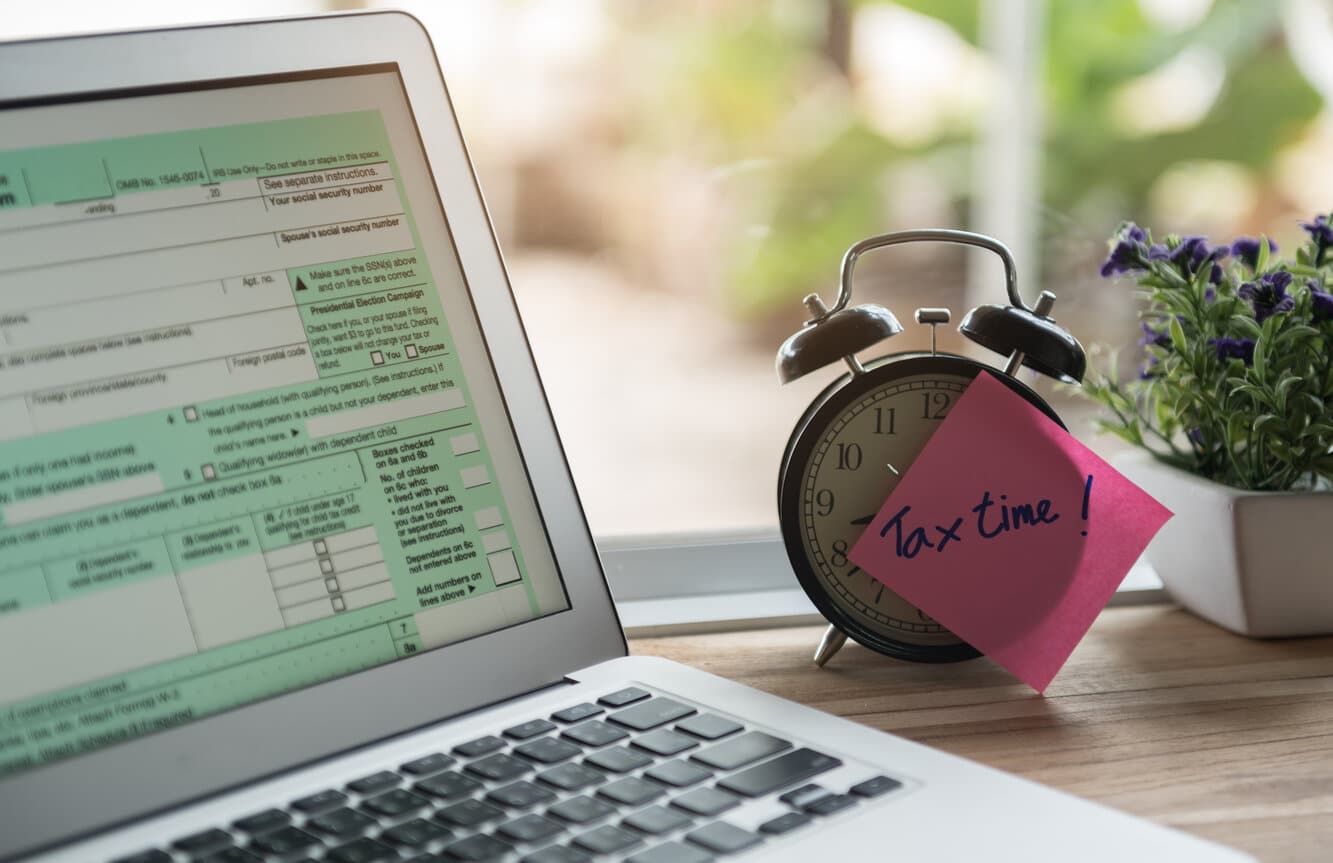Jasmine Birtles
Your money-making expert. Financial journalist, TV and radio personality.


Working abroad after Brexit will change now that the UK has left the European Union. There are currently three quarters of a million British expats living in the EU.
You may still be interested in joining the near one million Brits in the EU despite Brexit. But before you jet off to seek another lifestyle, you’ll need to understand all the new visa and tax requirements. If you’ve already read the rules and found them confusing, then you’re in luck. Here at Money Magpie, we’ve put together an seven-step guide to give you all the information you need.

Those who’ve planned a holiday to the EU, Iceland, Lichtenstein, Norway or Switzerland in 2021 will be relieved to know that you won’t need a visa. Although, coronavirus restrictions may scupper holiday plans. Keep an eye on the Foreign Office official advice. And, if you’re taking a risk to book ahead – make sure you get travel insurance the same time you book in case the pandemic ruins your plans!
From the 1st January 2022, UK holidaymakers seeking sun and sites in the EU will need to apply for an ETIAS (European Travel Information and Authorisation System). An ETIAS is a three-year visa waiver that will cost £6.35 for those three years. Travellers will be encouraged to apply online. You’ll be required to provide information such as your age, past criminal convictions, and your accommodation address when applying.
UK residents will only be able to spend 90 out of 180 days on holiday in Europe. You may want to stay in the EU for longer, which means you’ll need a visa.
You’ll also need a visa if you’re working abroad after Brexit. In some cases, you may need a work permit by your host country too. Visa’s will be required by UK residents who are attending a conference, providing services for a charity, touring as a musician or relocating to a European branch of your company’s business.
Currently, an EU-wide visa does not exist. Instead, you’ll have to apply for an individual visa with your host country if you want to work abroad after Brexit.
Those who were working in the EU before 1st January 2021 will be relieved to know that their right to work is protected. However, if you’re working or living in the EU who will have to register as a resident of that country by June.
If you’re a UK resident and you’re still interested in working abroad after Brexit, then you’ll need a job offer from the employer of your desired host country. You’ll need this offer to start on your visa journey. Once you’ve acquired your offer, you should contact the nearest UK-based embassy of your desired host country.
The London Diplomatic List contains all the contact details of every embassy. We recommend contacting the embassy via phone or email given the UK’s current coronavirus restrictions.
The embassy will be able to provide information about what you need to do in order to work in your desired host country.
You can also read the individual country’s requirements via the UK Government’s Living in Guide. Simply search your desired country, here.
Miss X currently lives in Bristol and holds a UK passport. She has been offered a job by an Italian firm who are based in Rome. Miss X decides to accept the company’s job offer.
The visa application process for every country is different, so be sure to check the individual guidance.
You might be classified as a highly-qualified worker and able to apply for an EU Blue Card.
This card gives non-EU workers the right to live and work in Europe after Brexit. To apply for an EU Blue Card, you’ll need to hold a higher education degree (e.g. a university degree), work as a paid employee and have a salary that’s one and a half times the average national salary. You’ll also need to present a binding work contract as well as full travel and legal requirements.
Your European employer must submit an application form on your behalf. And, you may be charged an application fee.
Warning! You can’t apply if you’re an entrepreneur or self-employed. It’s also not applicable in Denmark and Ireland.

Working abroad after Brexit is now different for UK musicians, artists, bands, actors, and crews who are transporting equipment. Those who work in the above industries will need to seek additional work permits if they want to work in Europe.
British musicians, bands and artists will only be able to tour for 90 days out of an 180 day period. This is very similar to tourist requirements that UK residents have to follow. Entertainers who decide to perform in France and the Netherlands won’t need to obtain additional work permits.
However, if you’d like to perform or work in Germany or Spain, then you’ll need additional work permits. The Incorporated Society of Musicians have complied a full list of work permits that you may need to apply for as a touring musician. This list can be accessed, here.
A number of high profile celebrities have condemned the end of visa-free touring. Government guidance could change in the coming weeks and months in response to the backlash, so always keep abreast of the latest guidance.
Throughout 2020, the entire world adapted to work from home. If you’re working from home, you might be fantasising about working by the sea and sun in Europe.
The majority of remote workers won’t be able to apply for a traditional visa. Your employer may still be based in the UK or, like may other digital nomads, you may not even have an employer. These two factors stop many remote workers from applying for a visa.
Instead, digital nomad visas legalise the status of travelling professionals
Each country that issues a digital nomad visa, has its own policies and regulations. The countries who have digital nomad visas in the EU include: Germany, the Czech Republic, Portugal, Croatia, Norway and Estonia. There are also a number of other non-EU countries who also have digital-nomad visas. This means you may still be able to work abroad with your laptop after Brexit.
To apply for a digital nomad visa, you’ll need to hold a valid passport and be able to prove that you have a steady income. You’ll also be asked to provide your nationality, any visa history as well as a criminal record. You may also need to pay an application fee as well as additional documents.
Like with other visas, you’ll have to check individual guidance with your desired host country.

Now you’ve wrapped your head around the visa requirements, you’ll need to understand how tax works if you’re considering working abroad after Brexit.
If you’re not a UK resident, then you won’t need to pay tax on your foreign income. You’re automatically considered a non-UK resident, if you work abroad full time and have spent fewer than 16 days working in the UK.
However, if you are a UK resident, then you’ll need to pay tax in the UK. To work out your resident status, you’ll need to tot up where you spend most of your working days in any tax year. If you’ve spent 183 days in the UK and your only home is in the UK, then you’ll have to pay tax on your foreign income.
To pay taxes on your foreign income, you’ll need to submit a self-assessment tax return. Check out our handy guide on filing a return, here.
Remember! You may be able to claim tax relief if you’re taxed in more than one country. If you think this could be you, check out the UK Government’s guidance.
After the 1st January 2021, the rules for paying some UK benefits in the EU, EEA and Switzerland have changed.
For those who’ve already received benefits while living in the EU, EEA or Switzerland, you’ll be relieved to hear that you’ll continue to receive these benefits. This is as long as you still meet the other eligibility criteria.
If you’re moving to the UK after this date, you’ll still be able to claim for the following benefits: bereavement Support Payment and other bereavement benefits, industrial injuries benefits, maternity allowance, maternity pay, paternity pay and sick pay. Like before, you will have to prove that you’re eligible for these benefits.
Further, if you’ve made relevant social security contributions in an EU country, you may qualify for UK benefits This includes the New Style Jobseekers Allowance and the New Style Employment and Support Allowance. If you’re working abroad after Brexit, check where you pay social security contributions, here.
The guidance for British expats living in Norway, Iceland, Litchensutein and Switzerland is currently being updated.
You’ll still be able to receive your state pension if you live in the EU, EEA or Switzerland. Your pension will also increase in line with the rate that is paid in the UK.
While this guidance is for UK nationals, you’ll be relived to hear that the rules for state pension apply to everyone. So, if you decide to retire in the EU in the future, you should be able to claim a state pension.
If you found this article useful, then you may also like:

What resonated with me most was the breakdown of where the new visa responsibilities start. The piece highlights that UK workers can no longer assume they can simply move to an EU country and start working without work permits or local employer sponsorship — it’s a clear departure from the past. And on the tax side, the article brings home that your UK resident status, number of days spent at home vs abroad and the country you’re working in all matter intensely now. From your perspective working in immigration and employment‐based mobility, this strikes as a useful reminder: clients, employees… Read more »
Beautiful thoughts! I really enjoyed reading the above article because it explains everything in great detail. The article is also very interesting and effective. Thank you, and best wishes for the upcoming articles. I will surely recommend this to my colleagues especially those who are planning to get their Visa.
Now that I want to work in Netherlands, I am a graduate of Banking and Finance, also a professional laundry man, driver and a painter what do I do to?
Very comprehensive information.